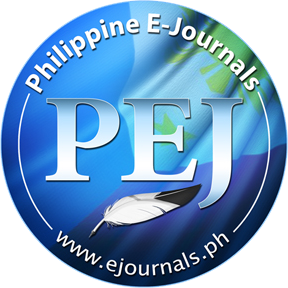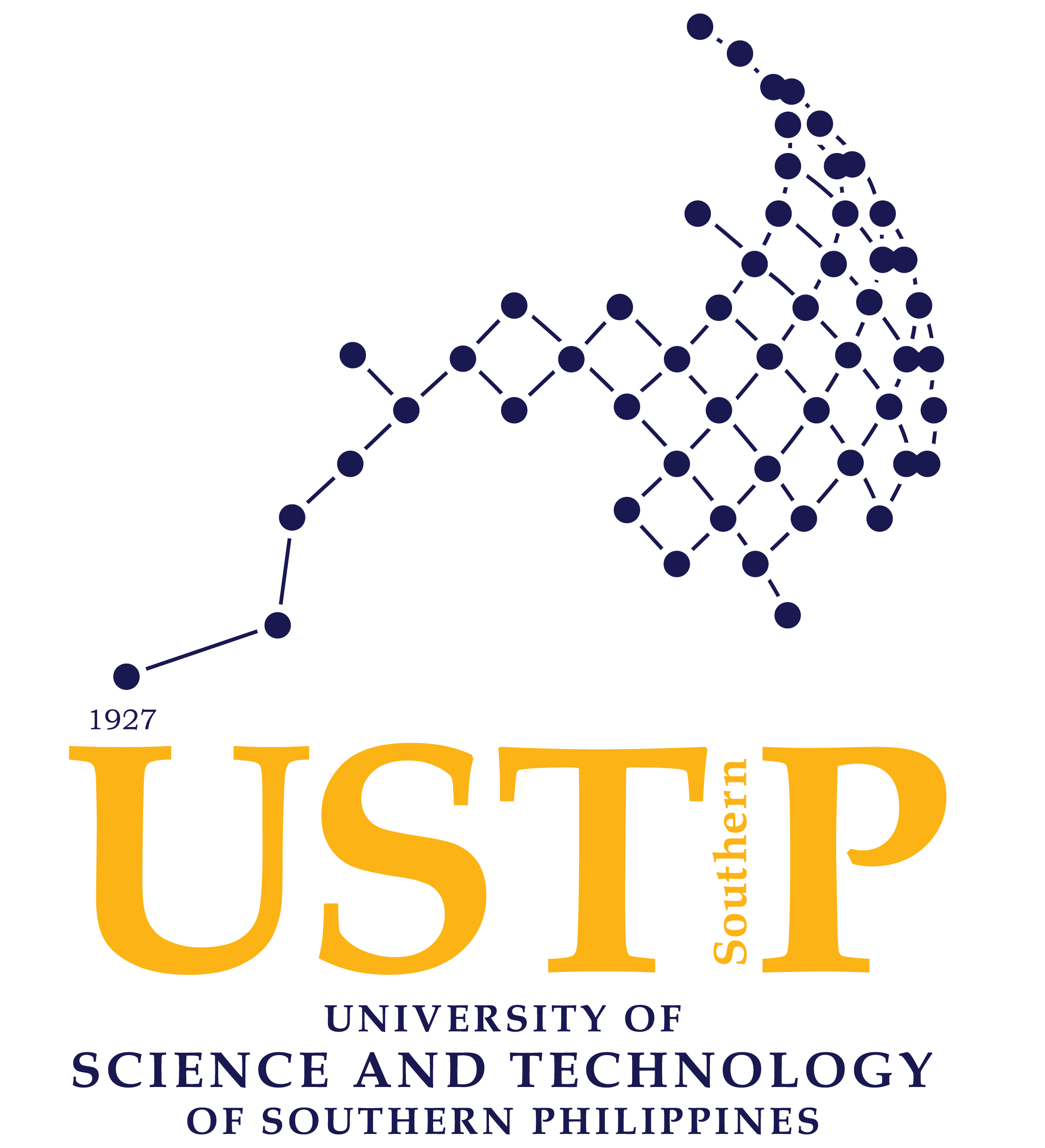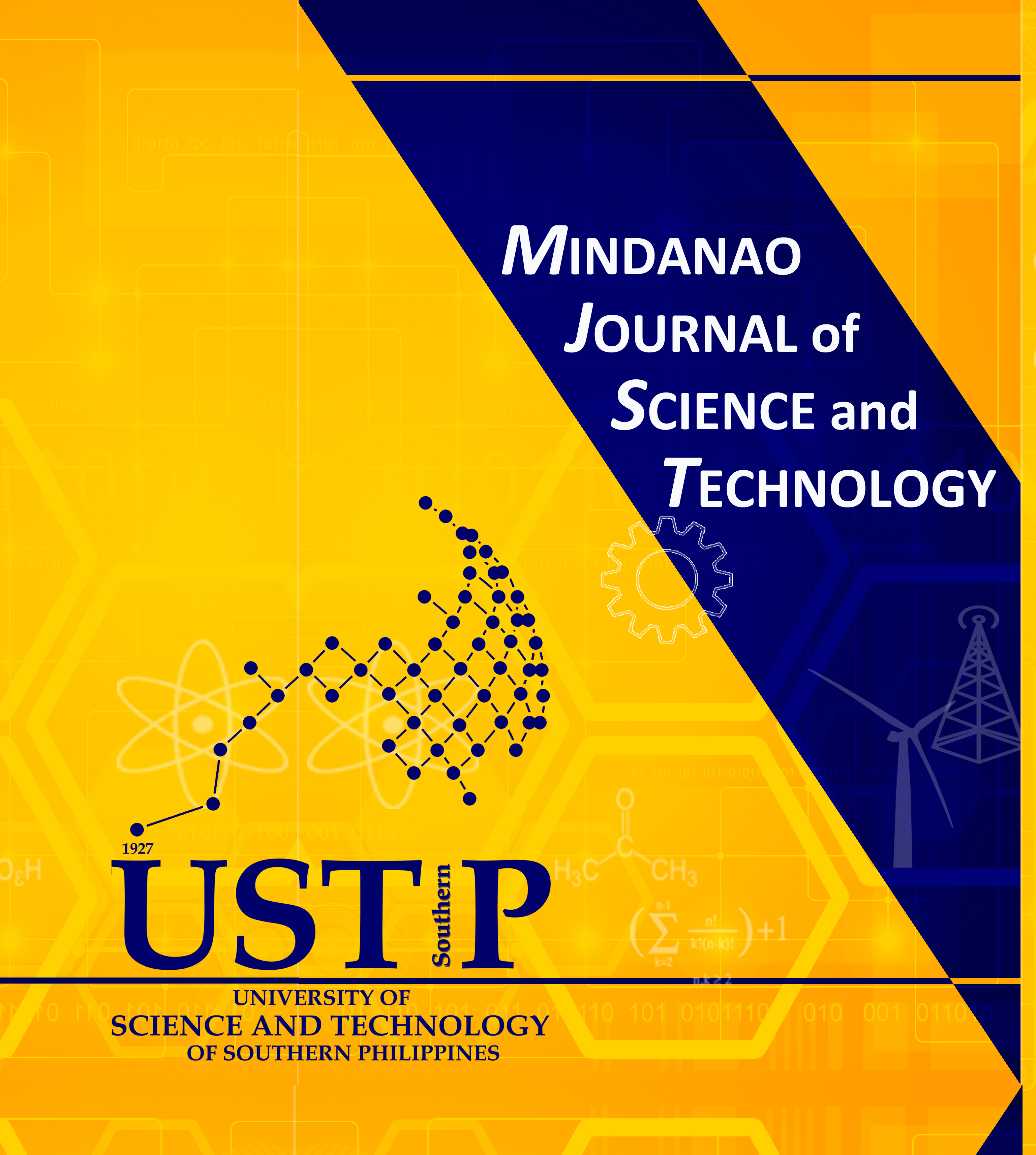Quality Evaluation of Powdered Fern (Diplazium esculentum): Physicochemical, Phytochemical, Antioxidant, and Anti-inflammatory Properties in Aqueous Extracts
DOI:
https://doi.org/10.61310/mjst.v22iS1.2207Keywords:
anti-inflammatory, antioxidant, aqueous extract, Diplazium esculentum, phytochemicalAbstract
This study examined the physicochemical, microbiological, nutritional, and mineral properties of Diplazium esculentum powder and the phytochemical, antioxidant, and anti-inflammatory properties of its aqueous products. Fresh D. esculentum leaves were oven dried at 50 °C for 5 h. The powder derived from the dried leaves exhibited a 20% yield and significant nutritional profile, rich in zinc mineral and protein, with low fat content. Additionally, the powder exhibited favorable flow properties (CI: 24.85, HR: 1.33), making it suitable for incorporating into various food products. Aqueous extracts of D. esculentum were prepared using a 2 x 3 factorial design with different extraction conditions, revealing a significant influence of extraction time and temperature on phytochemical content and bioactivity. Treatment 3 (40 °C for 6 h) demonstrated the highest phenolic content of 360.65 mg GAE/g, while the control (ethanolic extraction) yielded the lowest with 115.53 mg GAE/g. Treatment 6 (60 °C for 6 h) showed the highest flavonoid content of 17.92 mg QE/g. Moreover, extracts from longer extraction times showed higher levels of phenols, flavonoids, and antioxidant activity, with an IC50 value of 135.55μg/mL. Furthermore, the extracts revealed potent anti-inflammatory properties, particularly inhibiting the COX-2 enzyme. These findings emphasized the potential of D. esculentum as a valuable source of nutrients and bioactive compounds. The powder’s nutritional content indicated its potential applications in functional foods such as prebiotic-enriched foods, beverages, food additives, and baked goods. Furthermore, the extracts’ antioxidant and anti-inflammatory properties are a potential ingredient in nutraceuticals such as antioxidants and probiotics.










